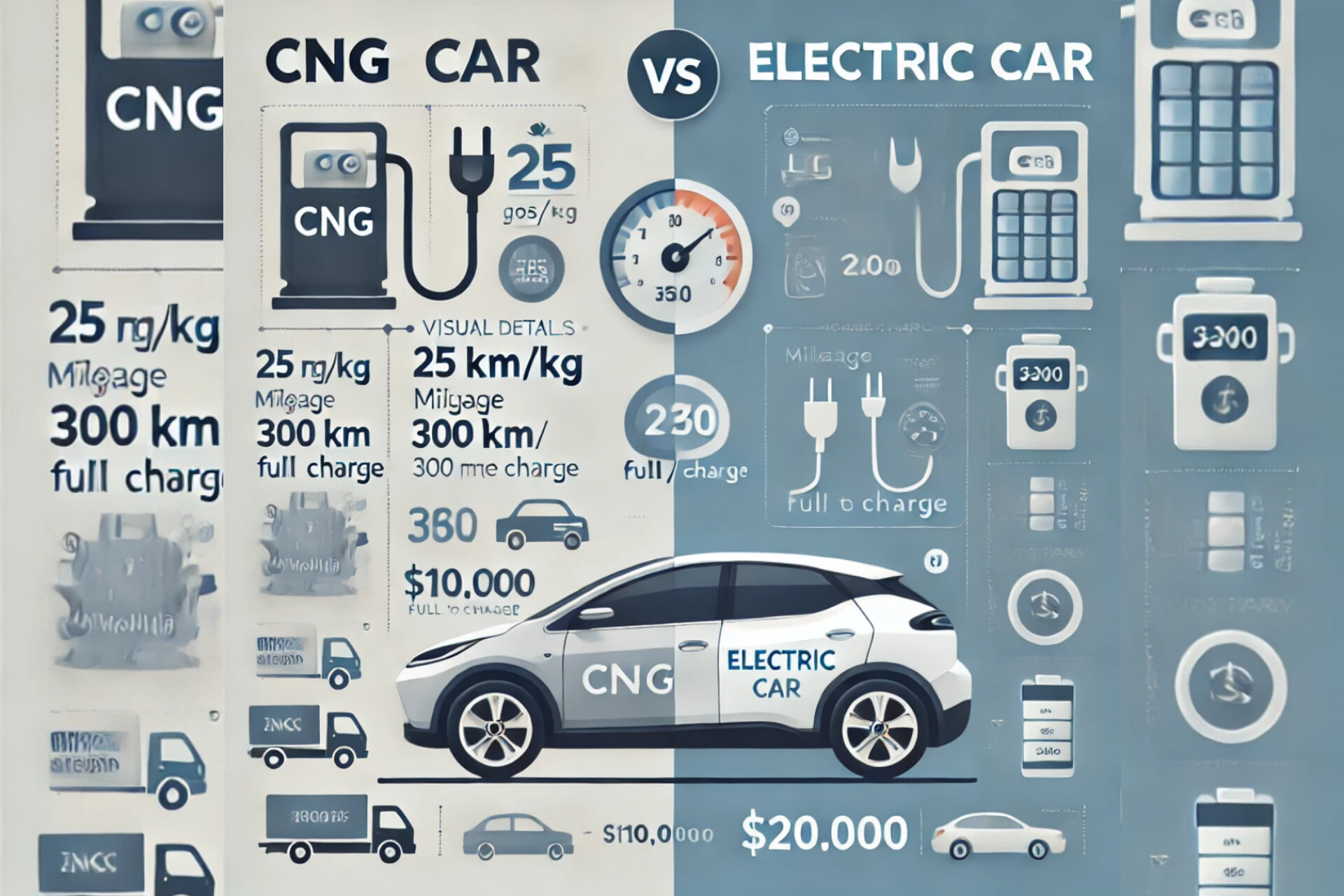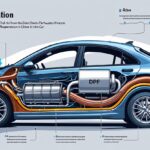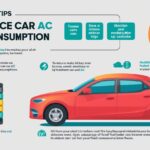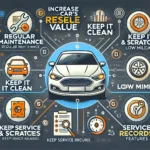Introductions
The growing demand for choices of standard petrol and diesel cars is a result of the transportation industry’s increased focus on sustainability and cost-effectiveness. It is important to compare the CNG vs electric car running cost, Mileage, price. Cost-effectiveness, broad fuel availability, and comparatively lower emissions than traditional fuels are the hallmarks of CNG vehicles. Conversely, although they are more expensive initially, electric cars (EVs) provide zero tailpipe emissions, state-of-the-art technology, and substantial long-term savings. To make an informed choice that fits both your financial and environmental objectives, you must be aware of these variations in price, mileage, and running costs.
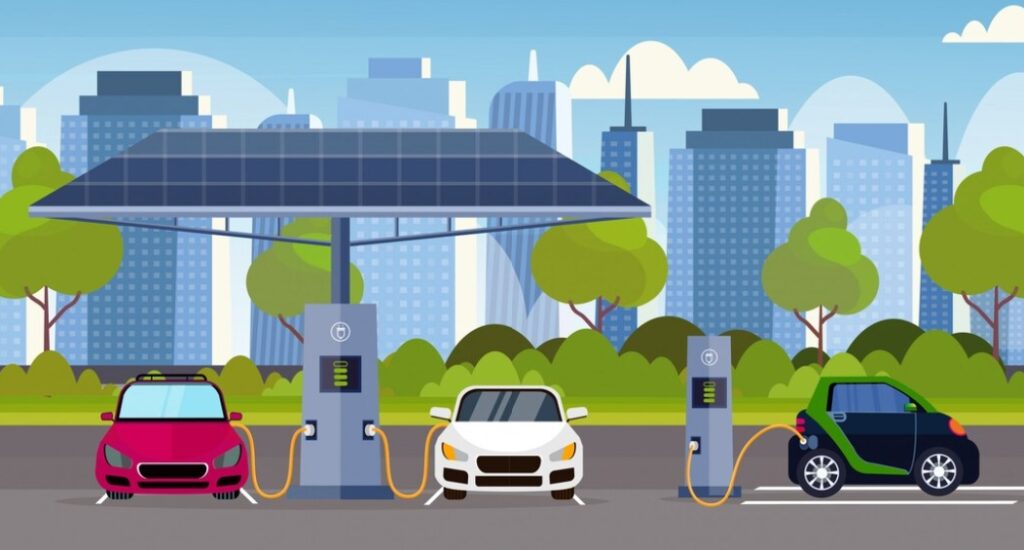
Comparison between CNG vs electric car running cost key features.
CNG cars fuel cost

CNG fuel cost depends on:
- CNG Price in Your City: Usually ₹50–₹80 per kg (varies by location).
- Your Car’s Mileage: Most CNG cars give 20–30 km per kg.
To calculate:
- If CNG is ₹70/kg and your car gives 25 km/kg, the cost per km is ₹70 ÷ 25 = ₹2.8 per km.
CNG cars mileage
Depend (Compressed Natural Gas) vehicles are typically more fuel efficient than gasoline or diesel vehicles because they burn much more efficiently.
A CNG automobile can deliver 25-30 km per kg of CNG, depending on the car model, driving habits, and road conditions. For comparison, 1 kg of CNG is usually cheaper than 1 litre of petrol or diesel, thus you save more per/KM.
However, the correct mileage may vary; lighter cars often give better mileage, while greater cars may consume more.
CNG car running cost
The operating costs of a CNG vehicle are generally lower than those of a gasoline or diesel vehicle. quick summary:
Fuel cost:
CNG cars typically use about 1 kg of CNG to go 20-25 km. If CNG costs ₹70 per kg, it would cost around ₹2.8-₹3.5 for every kilometer.
Fuel comparison:
Petrol cars might cost ₹6-₹8 per kilometer, while diesel cars cost ₹4.5-₹6.
Maintenance:
CNG cars may need more maintenance than petrol cars, but less than diesel cars.
CNG car maintenance, service
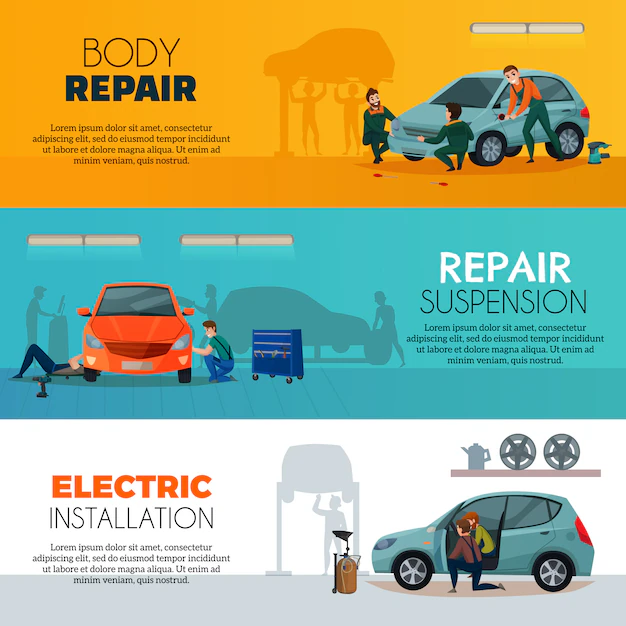
CNG car maintenance is simple but important for smooth performance. Here’s a quick guide:
- Engine Check: Regularly check out the engine for any issues.
- Cylinder Inspection: Check the CNG cylinder for damage or leaks.
- Fuel System: Clean fuel injectors and filters periodically.
- Leaks: Always check for gas leaks to avoid safety risks.
- Air Filter: Replace the air filter regularly for better efficiency.
- Spark Plugs: Inspect spark blocks for wear and exchange as needed
- Refueling: Quick( 5-10) min cng stations
Routine checks and service will keep your CNG car running smoothly and safely.
Electric car fuel cost
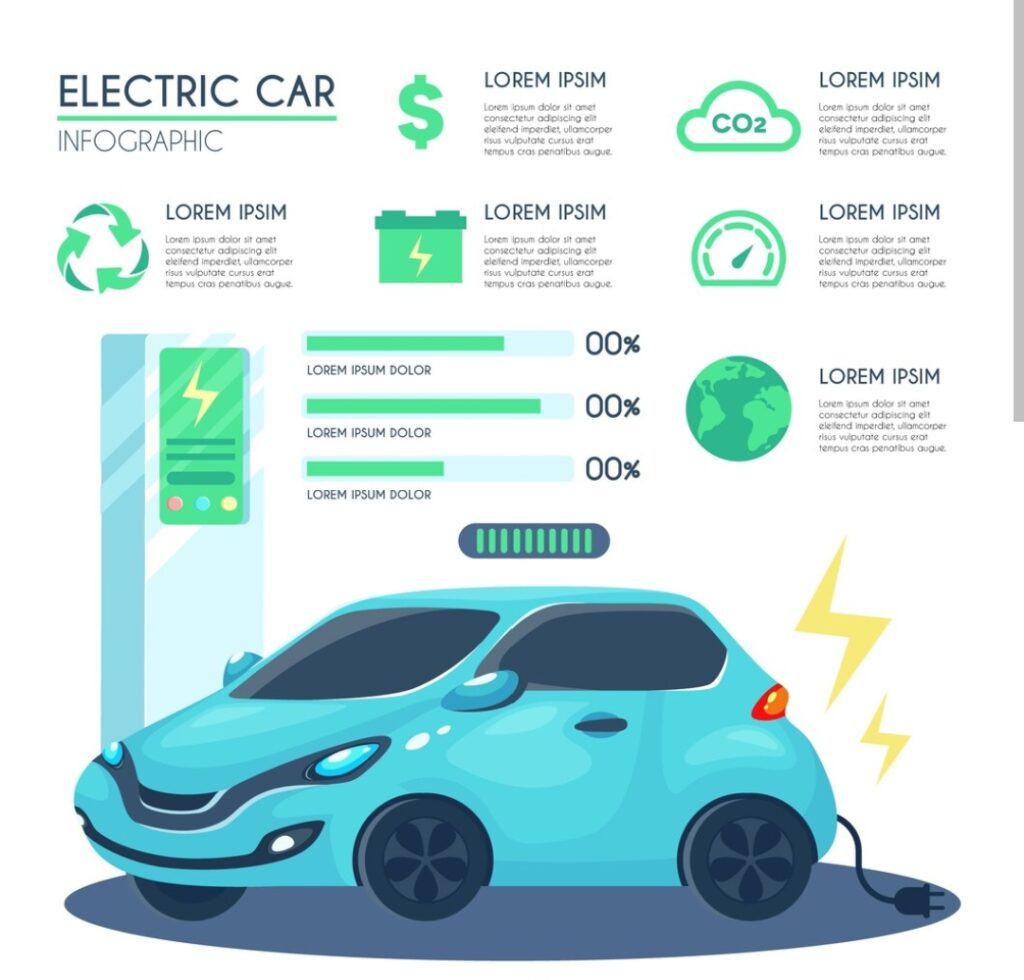
Refueling That’s a helpful comparison to understand the difference in fueling costs between electric vehicles (EVs) and petrol-powered vehicles in India. To summarize:
Electric Vehicle (EV):
Energy usage: 15 kWh for 100 km
Cost at ₹5 per kWh: ₹75 for 100 km
Cost at ₹10 per kWh: ₹150 for 100 km
Petrol Vehicle:
Fuel efficiency: 15 km per litre
Petrol price: ₹100 per litre
Cost for 100 km: ₹667
Electric cars mileage
Generally depending on the model and battery capacity, electric car mileage in India might vary greatly. Most Indian electric vehicles typically have a range of 250–450 kilometers when fully charged. Below is a summary of several well-known models:
- 1. Tata Nexon EV: 312–325 kilometers when fully charged.
- 2. Mahindra e2o Plus: 140–170 km.
- 3. MG ZS EV: 400–450 kilometers.
- 4. Hyundai Kona Electric: around 450 kilometers.
- 5. About 250–300 kilometers for the Tata Tiago EV.
Electric car runing cost
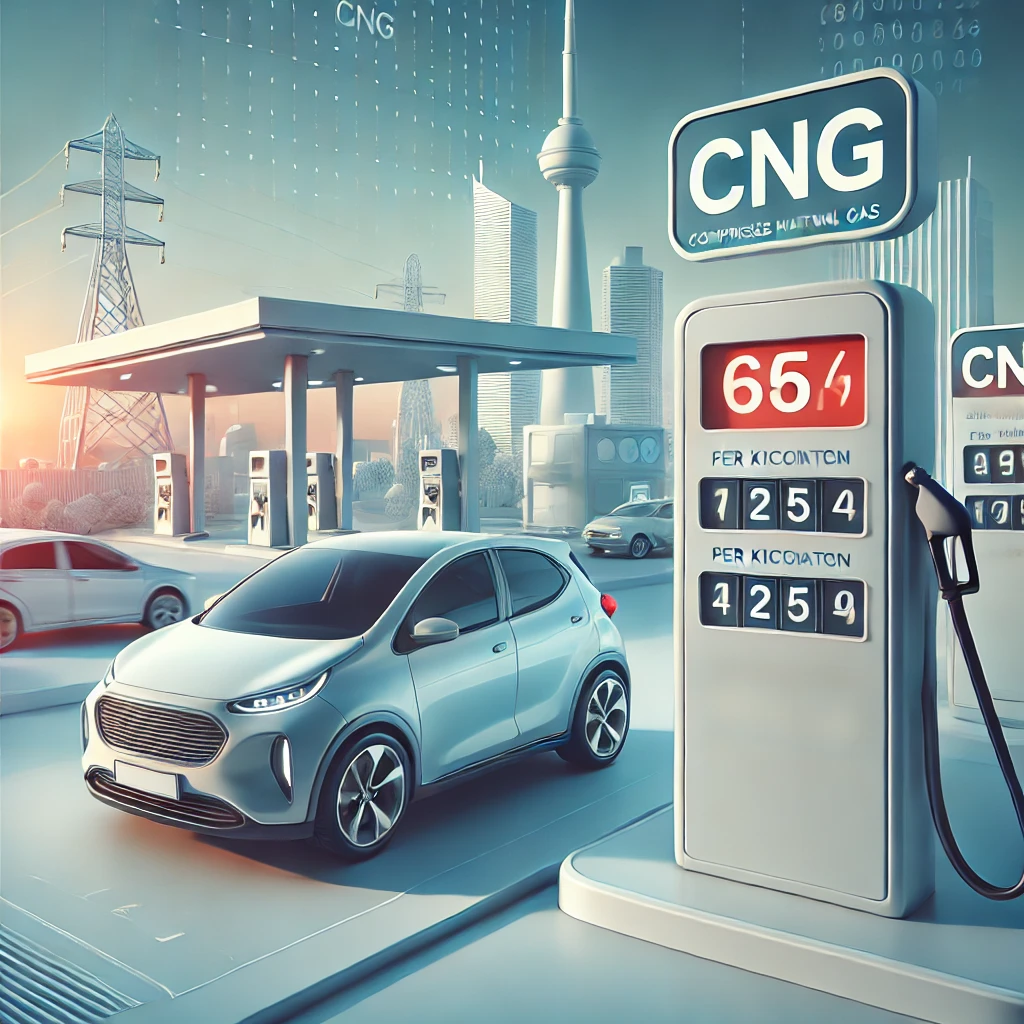
In India, operating an electric vehicle is often much cheaper than operating a standard diesel or petrol vehicle. Simple explanation.
Charging Cost: The cost of charging an EV is established on local electricity rates and often ranges from ₹6 to ₹8 per kWh.It would cost roughly ₹180 to ₹240 to fully charge a car battery with a capacity of 30 kWh, which would allow you to take a trip of 200 to 300 kilometres.
Electric car maintenance, service
Electric car maintenance in India is simple. Key points include:
- Battery service: Keep it charged between 20% and 80%.
- Tire Check: Regular tire pressure checking.
- Brakes: Inspect brake pads occasionally.
- AC: Service the air conditioning when needed.
- Software: Update car software regularly.
- Cooling System: Ensure the battery cooling system is working.
- Cabin Filters: Change air filters as needed.
Click here, start an EV charging station.
conclusion
Electric cars generally have lower running costs due to higher energy efficiency and minimal maintenance needs, making them ideal for areas with good charging infrastructure. CNG cars, while slightly more expensive to run, are still affordable and practical where CNG filling stations are available. Overall, CNG vs Electric Car Running Cost comparisons show that electric cars are better for long-term savings, while CNG cars offer a cost-effective alternative for areas without widespread charging options.
